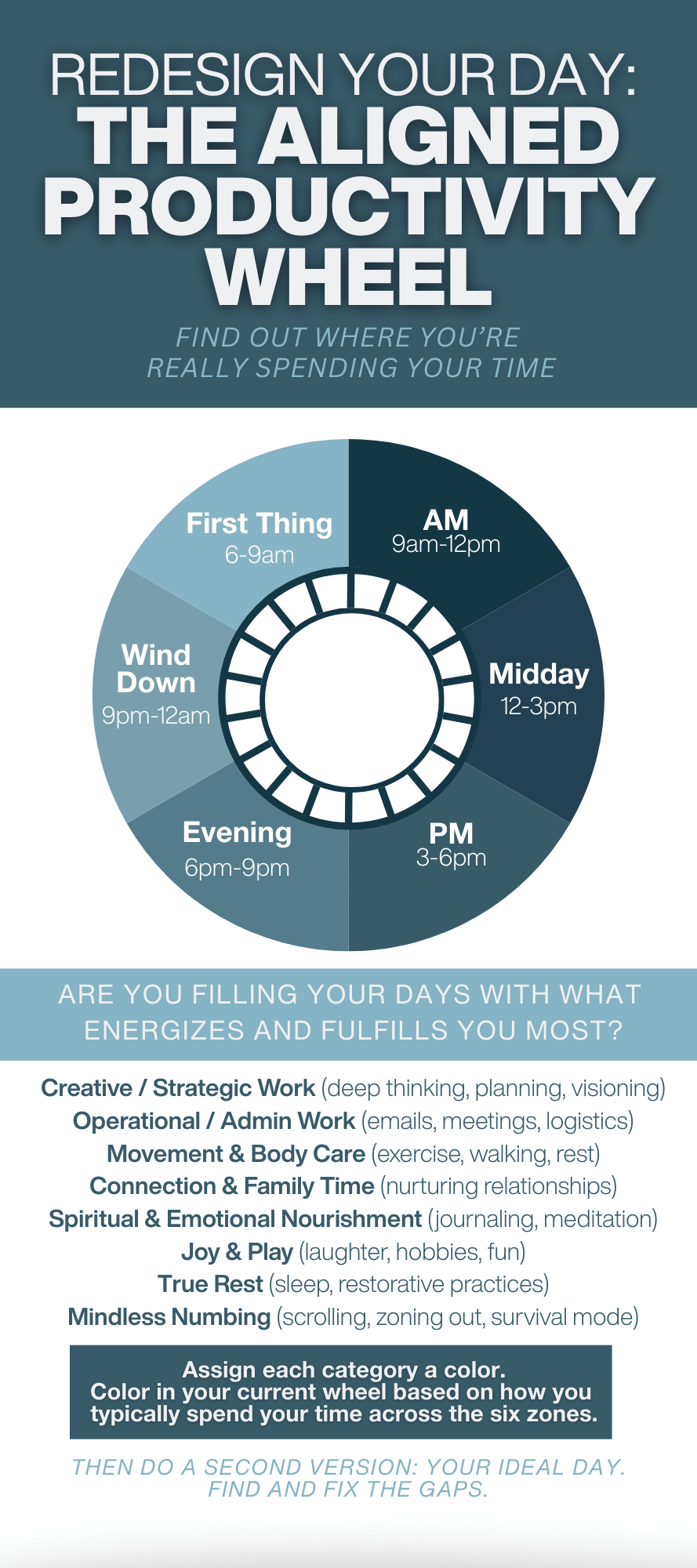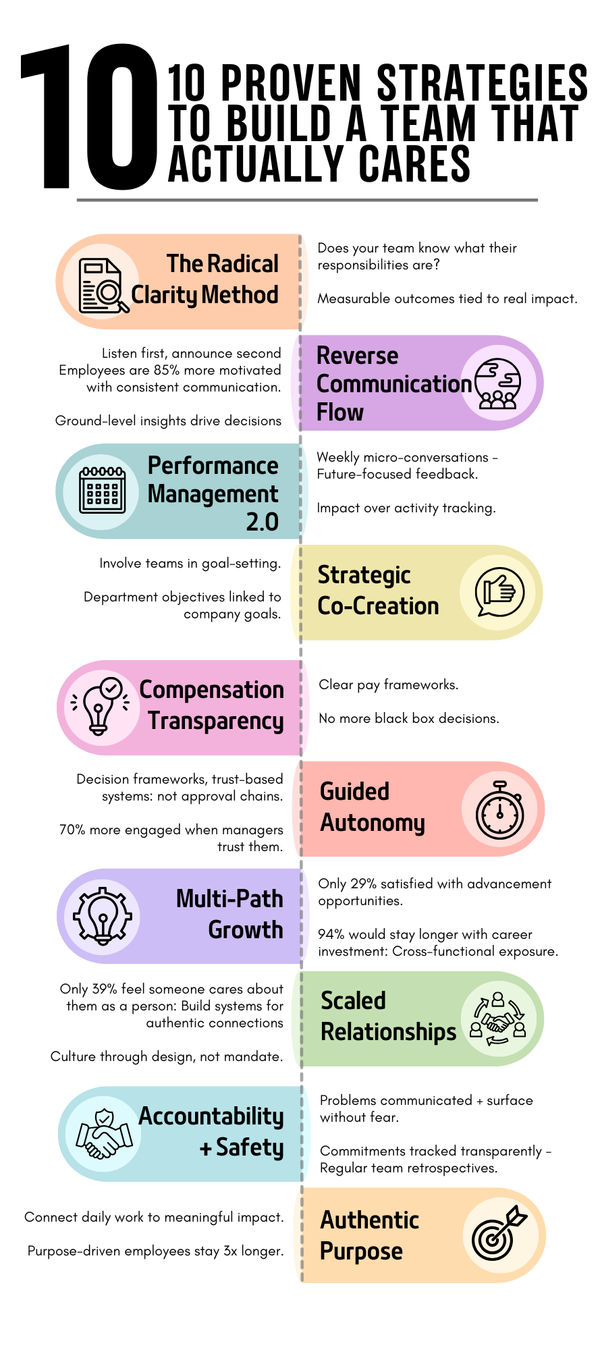
[contextly_auto_sidebar id="5zluSizkVqosg2TqtjXl2y5G0tDm6qyX"]The very idea of feedback makes most employees cringe, but it's especially injurious to high-performance workers. In a recent post for Inc., leadership expert Marshall Goldsmith recommends an approach that resounded with me: feedforward.
Feedback is inherently focused on the past -- what you did, not what you're doing now, or what you need to be doing to succeed in the future. And depending on the feedback intervals, miscues brought up in a review could have occurred as many as six months ago.
Entrepreneurial teams move so quickly that if I were to get feedback from a leader about something that happened even a month ago, the first thought in my head would be, "Why didn't you tell me then, when I could do something about it?"
Goldsmith recommends a simple feedforward framework for high-performance workers: "Here are four ideas for the future. Please accept these in the positive spirit that they are given and ignore what doesn't make sense for you."
I love this approach. As the employee, I get a clear vision of what success at my job means to my boss. I understand that the ideas are to help me get better (and what successful employee wants to be bad at her job?), and I'm empowered to select the best ideas for me.
Additionally, feedforward given in this fashion frees the employee from having to defend her actions or come up with a well-composed reply that alleviates the boss's concerns. This streamlines overall team communication and eliminates unnecessary interactions, while still protecting the point of the feedforward: to improve the employee's performance. A true win-win-win scenario.










Member discussion